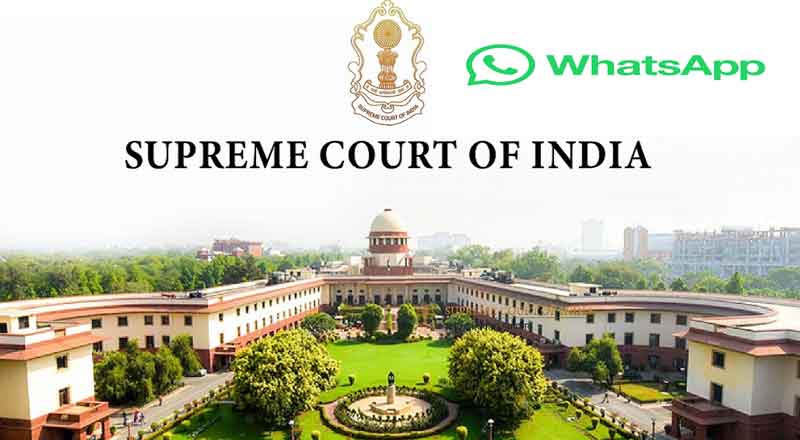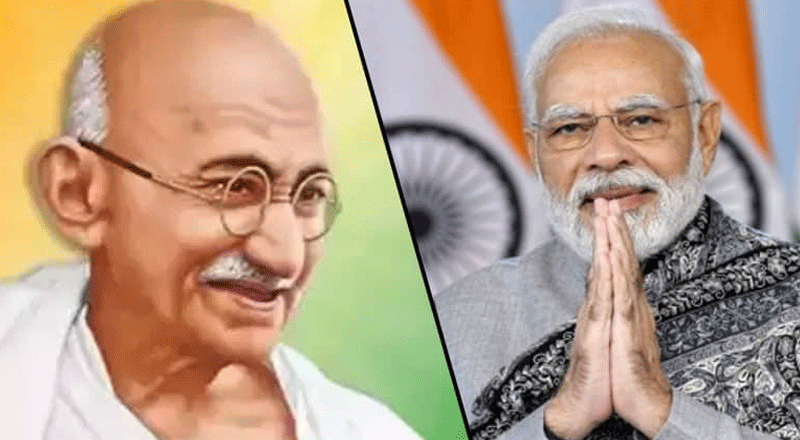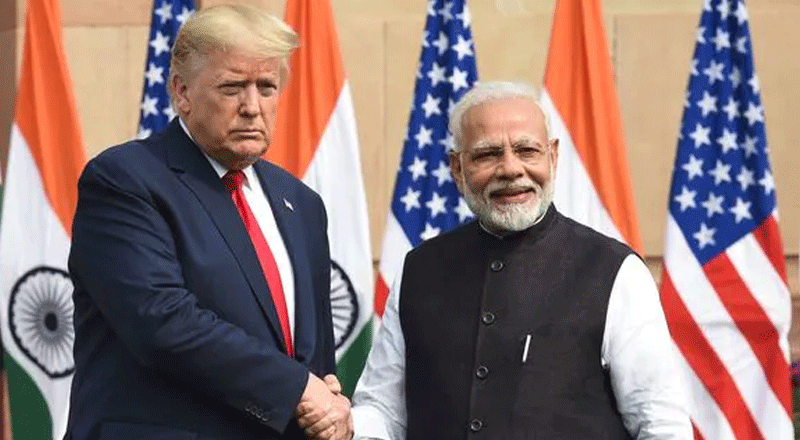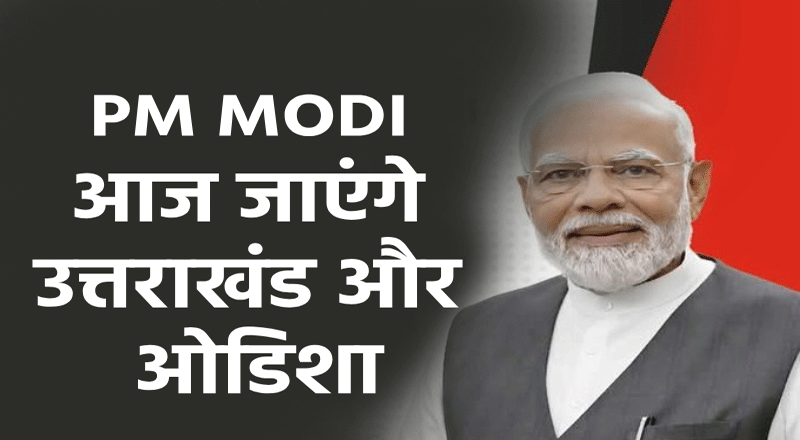India’s expanding digital services market is driving increased competition among messaging apps, with companies eager to leverage the country’s vast user base. WhatsApp, owned by Meta Inc., has cautioned that it may withdraw from the Indian market if required to comply with the 2021 Information Technology (IT) Rules, which mandate tracing and disclosing the origin of specific messages upon legal requests.
WhatsApp has warned of exiting India if required to comply with the 2021 Information Technology (IT) Rules for social media intermediaries.
The 2021 IT Rules require platforms to identify the “first originator” of messages under court orders. WhatsApp contends that adhering to this regulation would compromise its end-to-end encryption, undermining user privacy. Both WhatsApp and Meta have expressed their willingness to exit the Indian market rather than comply. Despite these challenges, WhatsApp remains a critical communication tool for government agencies, political parties, and businesses, owing to its extensive reach and user-friendly interface.
Government Agencies:
Use WhatsApp for public announcements, health updates, and real-time coordination on projects. It also facilitates direct engagement with citizens for feedback and grievance redressal.
Political Parties:
Leverage WhatsApp for election campaigning, manifestos, and targeted messaging to specific voter groups. It helps in organizing grassroots activities, including rallies and volunteer recruitment.
Business Organizations:
Use WhatsApp for customer support, marketing updates, and personalized content delivery. It also aids internal communication and decision-making within teams.
Concerns with High Usage of WhatsApp
- Misinformation: Unverified information spreads quickly, especially in elections or crises.
- Privacy Risks: Sensitive communications are at risk if encryption is compromised.
- Regulatory Challenges: Enforcing traceability rules may conflict with government usage of the platform.
On November 14, the Supreme Court dismissed a Public Interest Litigation (PIL) that sought to ban WhatsApp for allegedly violating orders of legal authorities. The petitioner’s counsel argued that the Kerala High Court’s rejection of the PIL was based on the plea being “too premature,” which the Supreme Court upheld in its decision.
Omanakuttan K.G., a software engineer, filed a petition in the Kerala High Court seeking a ban on WhatsApp, alleging non-compliance with the Information Technology (Intermediary Guidelines and Digital Media Ethics Code) Rules, 2021. He argued that WhatsApp allowed manipulation at the user end, making it impossible to trace the origin of messages circulating on the platform.
India’s Centre for Development of Telematics (C-DOT) has developed the “GIMS” (Government Instant Messaging System) app to strengthen data security and privacy. Although the app’s adoption has been limited, its use is expected to increase as the government focuses more on data sovereignty and security, particularly amid global privacy concerns. This aligns with India’s broader strategy to reduce reliance on foreign platforms.
This ruling may further encourage instant messaging companies to expand their presence in India, as it clears the legal hurdles related to the use of encrypted communication platforms.





